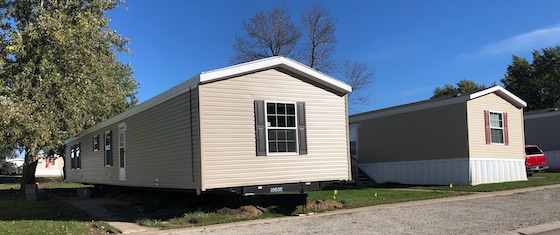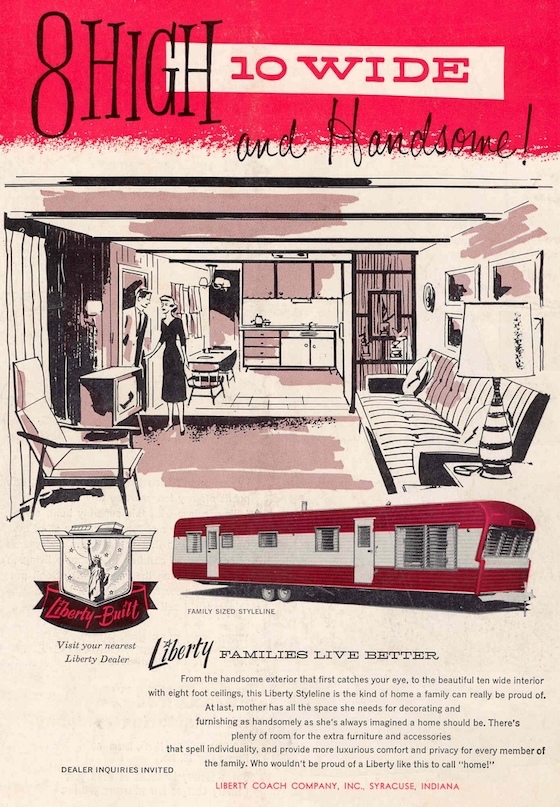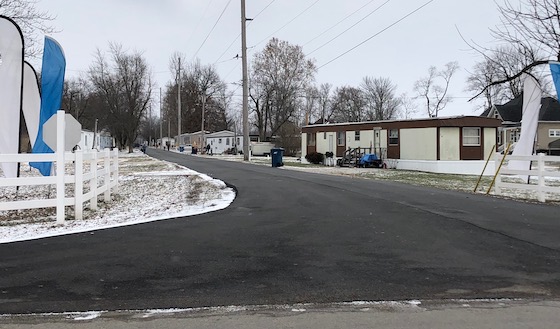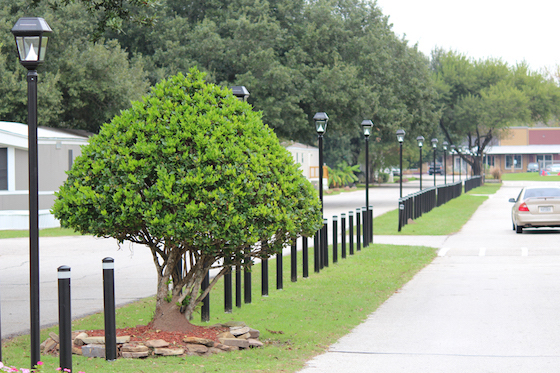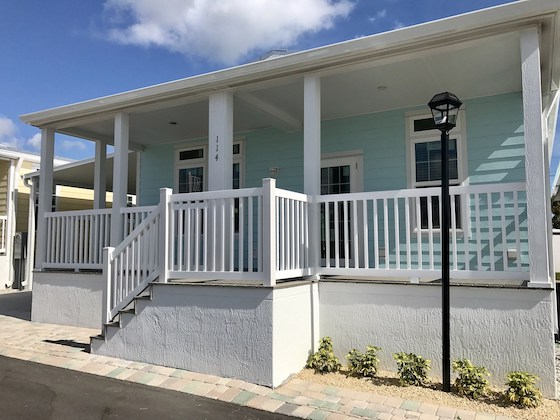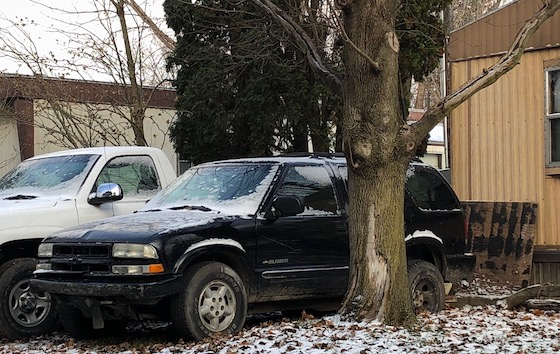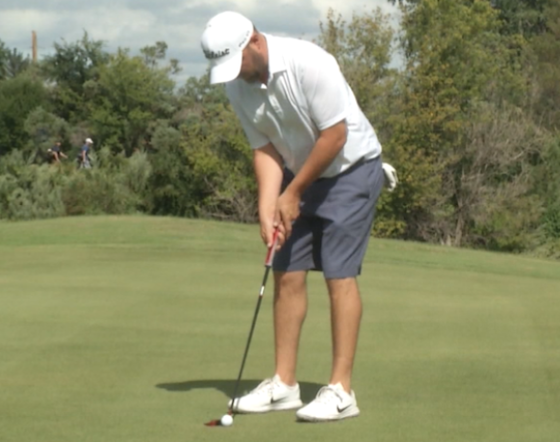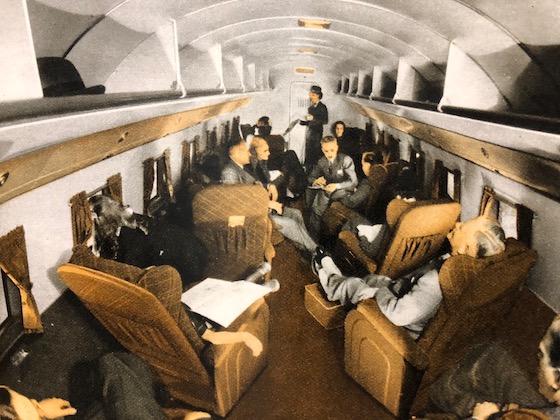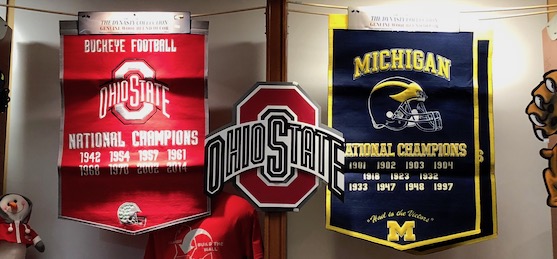There’s nothing more worthless than a goal that is not supported with action steps. That would be like the U.S. in the 1960s saying “we want to land on the moon” but having no roadmap to do that. To attain goals the steps to do so are equally as important as the mission. So what are the ten main steps to buying a mobile home park?
#1: Define your goals
What are you after in investing in affordable housing? Are you trying to beat the rate of return on that CD in your investment account, or are you trying to boot strap into the business and create capital to invest? On top of that, what’s your appetite for work and for risk? You see, not all mobile home park deals are the same, and you have to acknowledge what the goal is before you even set out on the path. More most people, the goal is to achieve a 20%+ cash-on-cash return on their existing capital using a reasonable amount of effort and risk. But there are those out there who would prefer 10%+ with very little time and risk and another group that wants to make $100,000 in cash-flow off one deal or even amass $100,000 in capital with virtually zero down. All of these are possible, but the type of deal required is entirely different.
#2: Learn everything about the mobile home park business model
Warren Buffett once said “risk comes from not knowing what you’re doing”. This is good advice for mobile home park investing, as well. There are many “deal killers” that the average real estate investor is unaware of when it comes to “trailer parks”. These include permit issues, lot size issues, orangeburg sewer lines, packaging plants, lagoons – and many more. In addition, there are five drivers to park profitability which are 1) collections 2) occupancy 3) water/sewer costs 4) property condition and 5) B/A/D. If you’re going to invest significant after-tax income in a mobile home park deal, you owe it to yourself to become highly knowledgeable on the topic.
#3: Build a template of the type of park you want to buy
There are many different mobile home park business models. If your goal is to buy a stable park and make 20% cash-on-cash returns, then the goal is to buy an investment-grade property with either a 3-point spread at closing, or within a short period of time via raising rents, sub-metering water & sewer, or cutting cost. If the goal is instead to make a large amount of cash flow per year, then you will need to buy properties that are in rougher condition and that you can make much larger advances on in terms of net income via significantly filling lots, cutting costs, raising rents and bringing the park “back to life”. You should also consider the metrics of the size of park you will need to hit your goals. The general rule in park buying is 20% down, so you can work backwards on the size of deal that fits your budget. And also don’t forget that the fastest way to make $100,000 cash flow on one park is to buy a property that has 80 occupied lots and that you can increase the lot rent over time by $100 per month – the bottom line is that scale is an important feature as well.
#4: Define your initial territory
Although we have learned that a good park 2,000 miles away from your house is infinitely better than an average one in your back yard. That being said, it’s difficult for someone new to the industry to feel they have safety and control of their investment if the park is beyond about a five-hour drive from their home, That radius allows you to drive out to the park and back on a Saturday. So if you draw a ring 5-hours distant from your home, that’s the normal territory for most buyers. In some parts of America that area will contain several states and a plethora of large metro markets.
#5: Build your funnel
There are five basic ways to find a mobile home park to buy: 1) on-line 2) brokers 3) cold calls 4) direct mail and 5) driving up and talking to the owner. The important thing is to do all of these simultaneously fo the best results. Right now, roughly 50% of our deals come from brokers, but there have been periods when it was one of the other search engines that brought us the most success. By “building your funnel” we mean that you systematize the process of finding deals to looks at, and then work that system rigorously.
#6: Focus on volume of deals to look at
One of the most important strategies in finding the right mobile home park is to focus on volume. Those who look at 100 deals always seem to do better than those that only look at 10 – which makes complete sense. Unlike buying your personal home (in which you might look at 5 or 10 potential prospects) the mobile home park industry is all about looking at hundreds of deals if possible. There are around 1,000 on-line on Mobilehomeparkstore.com alone. Don’t be satisfied with only turning over one stone – turn them all over.
#7: Approach each as a deal “maker” and not a deal “killer”
One terrible habit of many potential buyers is to approach each deal as a “deal killer”. When this occurs, you’re basically working against yourself, because the potential in any deal is what’s important to isolate, not just a “that won’t work” without even understanding that potential. Many of our best transactions have started out as things that most buyers would cast aside because they did not fully understand the quality of the property or the market. A 3% cap rate in Austin may look undesirable until you find out the lot rents are $200 per month and the market is $600. The deal with 40% occupancy may scream to you “no way” until you find out that the demand in the market is so high you can rent the vacant lots to a dealer day one. Many deals can be cured simply by price reduction or creative seller financing. So see your job more as an inquisitive scientist and not a dour attorney.
#8: Make lots of offers
We are constantly making offers because there’s no harm in that at all. We will offer someone 50% less than asking price if that’s required to make the deal work. And we’ve had sellers accept that offer because they’ve had no success at their inflated price. The bottom line is that you never know until you try, and you should never be shy about making educated offers regardless of what the seller is asking. The worst that can happen is you open the door to continual conversation.
#9: Do extremely good due diligence
When you find the deal that interests you and tie it up under contract, you owe it to yourself to do fantastic due diligence. Benjamin Franklin once said that “diligence is the mother of good luck” and he was entirely right (although 200 years ahead of his time for buying mobile home parks). There have been logical steps created and perfected to ensure every line of your revenue and expense budget are on-track, as well as to gauge demand, permit status and every other function of your transaction. Warren Buffett said that “risk comes from not knowing what you’re doing” and there’s no reason that you cannot nail due diligence if you follow the established process.
#10: Become a master of financing
Mobile home parks – like all real estate – are dependent on financing. Nobody buys mobile home parks for cash and they’d be foolish if they did. It’s the use of leverage that allows for 20%+ returns. If you pay all cash, your cash-on-cash return would only be the cap rate. So basically good mobile home park buying requires smart approaches to financing. There are basically five types of financing for mobile home parks: 1) seller carry 2) small-town bank 3) national bank 4) CMBS “conduit” ands 5) Fannie Mae and Freddie Mac “Agency”. The good news is that mobile home parks have the lowest or next to lowest default rate of any type of real estate loan. This makes us extremely attractive to banks, and you rarely hear of a good deal that is unable to obtain financing. But you need to know how to fill out a loan request, to meet with a bank, to use a loan “broker”, and to properly pitch seller financing. Those that have conquered financing are unstoppable.
Conclusion
Buying a mobile home park is the ultimate contrarian hedge to a declining America. This list will get you started.

